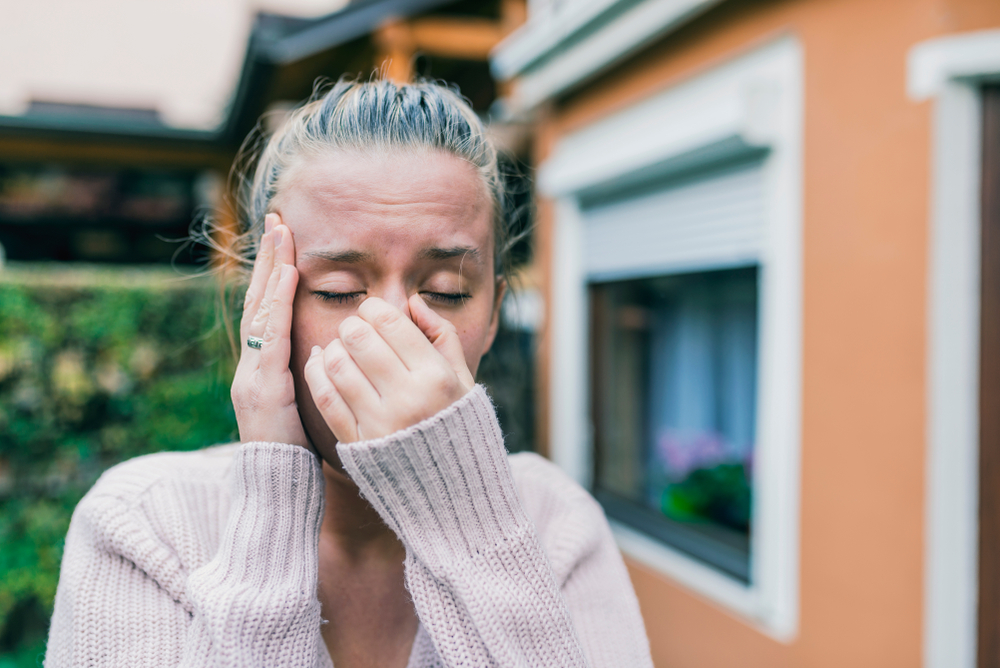Fungal and mold infestations in our homes have become a growing concern, with numerous advertisements promoting the eradication of these unwelcome guests. While they may seem like mere nuisances, mold and fungi can significantly affect our health, triggering allergies and other complications. The conditions that allow these organisms to flourish, such as humidity and residual moisture, can pose serious threats. It’s essential to understand fungal sinusitis and its implications for your health.
What are fungi?
Fungi comprise a vast kingdom of organisms, with an astonishing variety of over 100,000 species identified. This broad category includes various forms, such as mold, yeast, and mildew. Fungi can range from the large, visible mushrooms we see outdoors to microscopic varieties that are invisible to the naked eye. These organisms can invade our bodies through various channels, often leading to infections and allergic reactions.
Common fungal infections, like vaginal yeast infections caused by Candida, toenail fungus, and oral thrush, are generally treatable. However, more serious infections, such as those affecting the sinus cavities, can pose significant health risks. Timely and effective treatment is crucial to managing these infections and preventing further complications.
What are the symptoms of fungal sinusitis?
When fungi invade the sinuses, they can lead to a condition known as fungal sinusitis. The initial symptoms of this condition often mirror those of standard sinusitis, which can make diagnosis challenging. Patients typically report the following symptoms:
- Fever
- Reduced sense of smell
- Unpleasant odors emanating from the nasal passages
- Inflammation and swelling in the nasal area
- Nasal congestion that can worsen over time
- Pain and tenderness in the sinus region
- Headaches associated with sinus pressure
Severe symptoms for those with compromised immune systems
For individuals with compromised immune systems, the manifestations of fungal sinusitis can become more severe, leading to symptoms such as:
- Neurological changes that may indicate a serious infection
- Facial numbness that could suggest sinus cavity involvement
- Significant swelling around the face and eyes
- Vision changes, including loss of vision or other visual disturbances
- Protrusion of the eyeballs, which is a critical symptom requiring immediate attention
Why are cases of fungal sinusitis on the rise?
The prevalence of fungal sinus infections appears to be increasing, and while the exact reasons are not fully understood, several factors may contribute to this trend. Experts suggest that the widespread use of antibiotics can disrupt the natural balance of flora in the body, creating an environment where fungi can thrive. Furthermore, the rise in the use of immunosuppressive medications may weaken the body’s defenses, making individuals more susceptible to infections. It’s crucial for patients to remain vigilant and proactive about their health.
How is fungal sinusitis treated?
The treatment for fungal sinusitis can vary based on the severity of the infection and the individual patient’s health status. Options may include:
- Anti-fungal medications: These are the primary treatment for combating fungal infections.
- Corticosteroids: These drugs help reduce inflammation and alleviate pressure in the sinuses, improving symptoms.
- Nasal rinses: These rinses can effectively clear mucus and debris from the sinuses, aiding in recovery.
- Surgical intervention: In some cases, surgery may be necessary to remove infected tissue and restore sinus drainage, utilizing traditional methods or endoscopic techniques.
Can fungal sinusitis recur?
Regrettably, many patients experience recurrent episodes of fungal sinusitis. This can lead to a chronic condition, emphasizing the importance of seeking prompt medical attention from an ENT specialist at the first signs of infection. Early diagnosis and treatment can help manage the condition and reduce the likelihood of recurrence.
If you’re experiencing symptoms associated with a fungal sinus infection or have had previous episodes, consult with an ENT specialist in your area to discuss your concerns and explore effective treatment options. Your health is paramount, and understanding fungal sinusitis is a crucial step in maintaining it.



